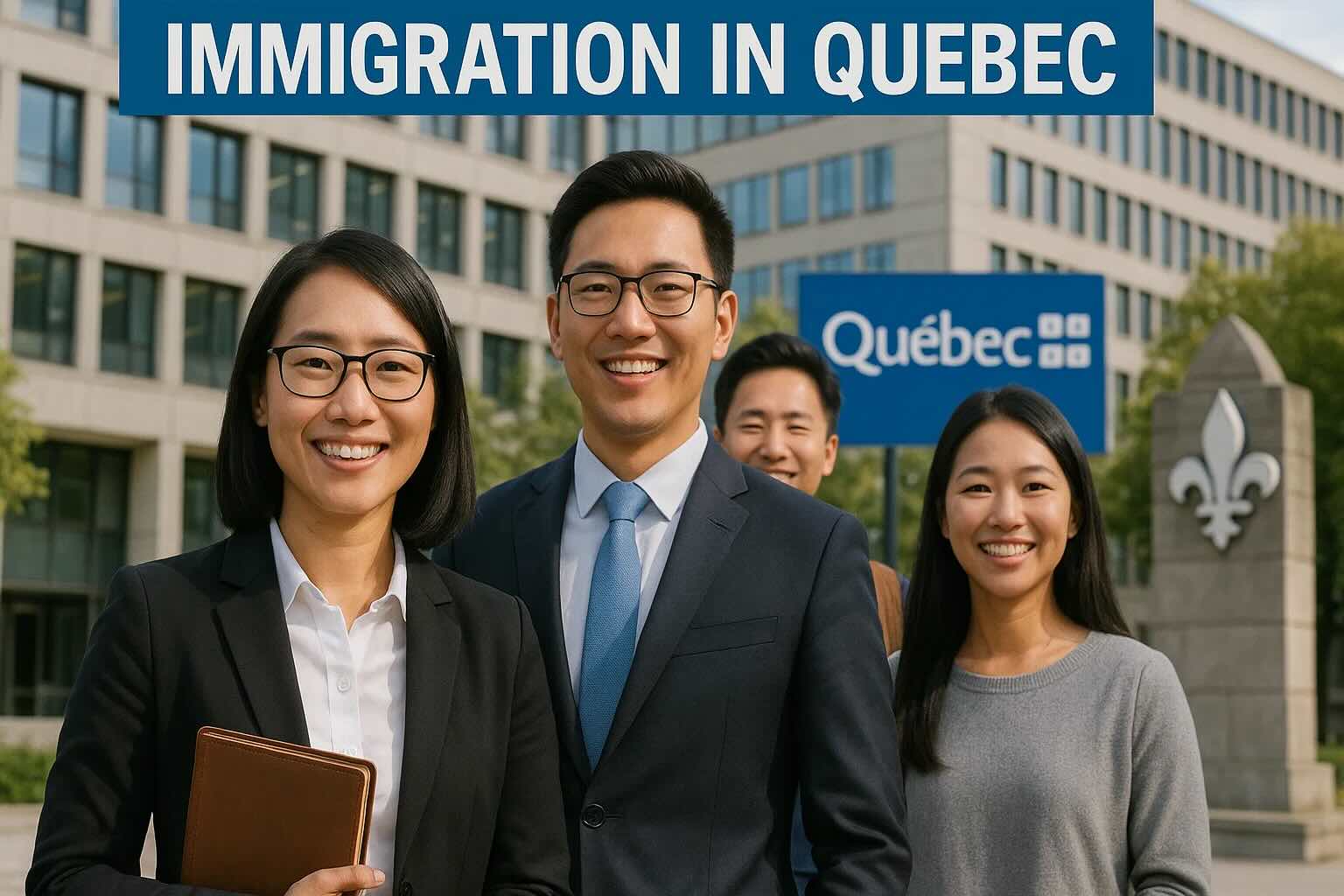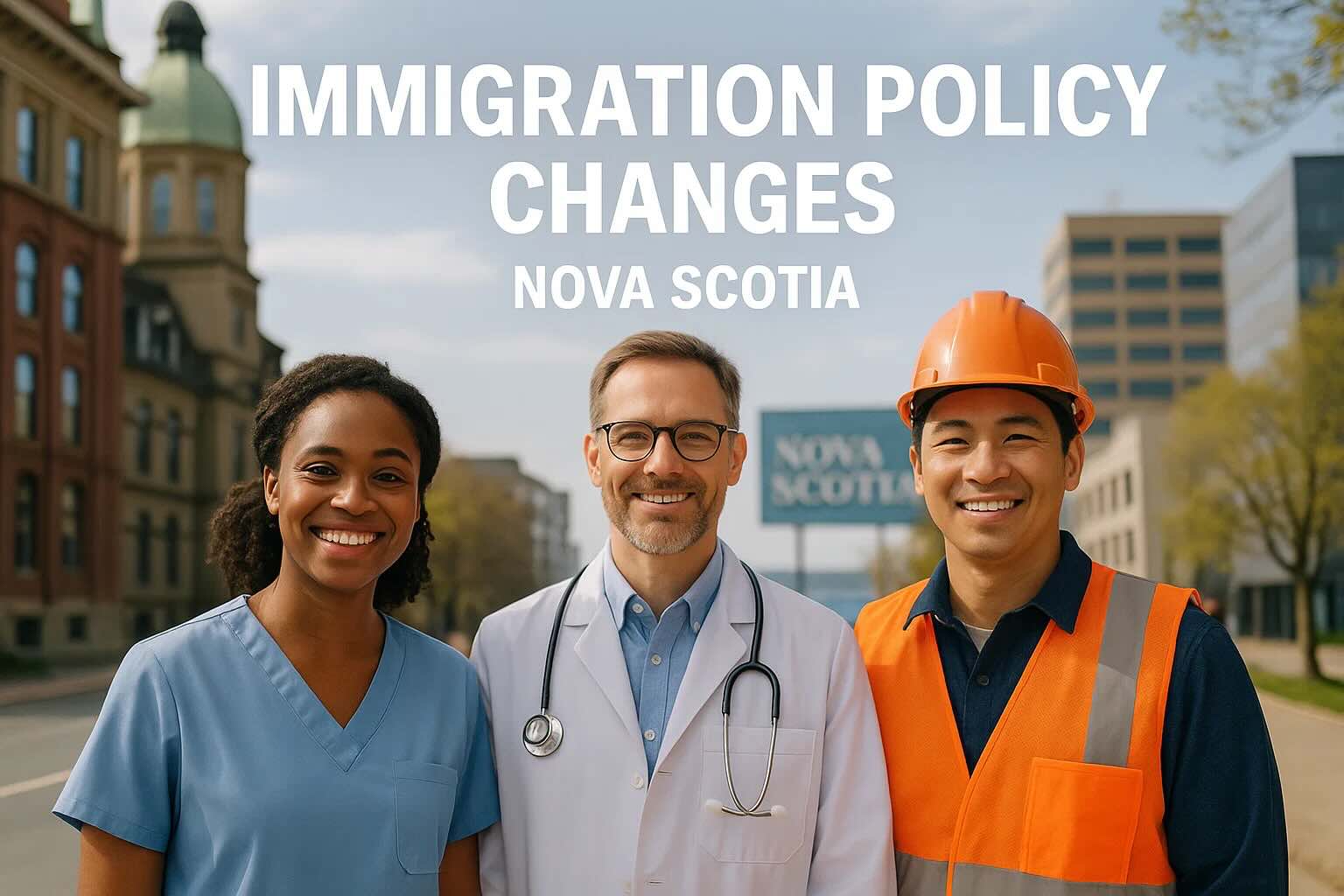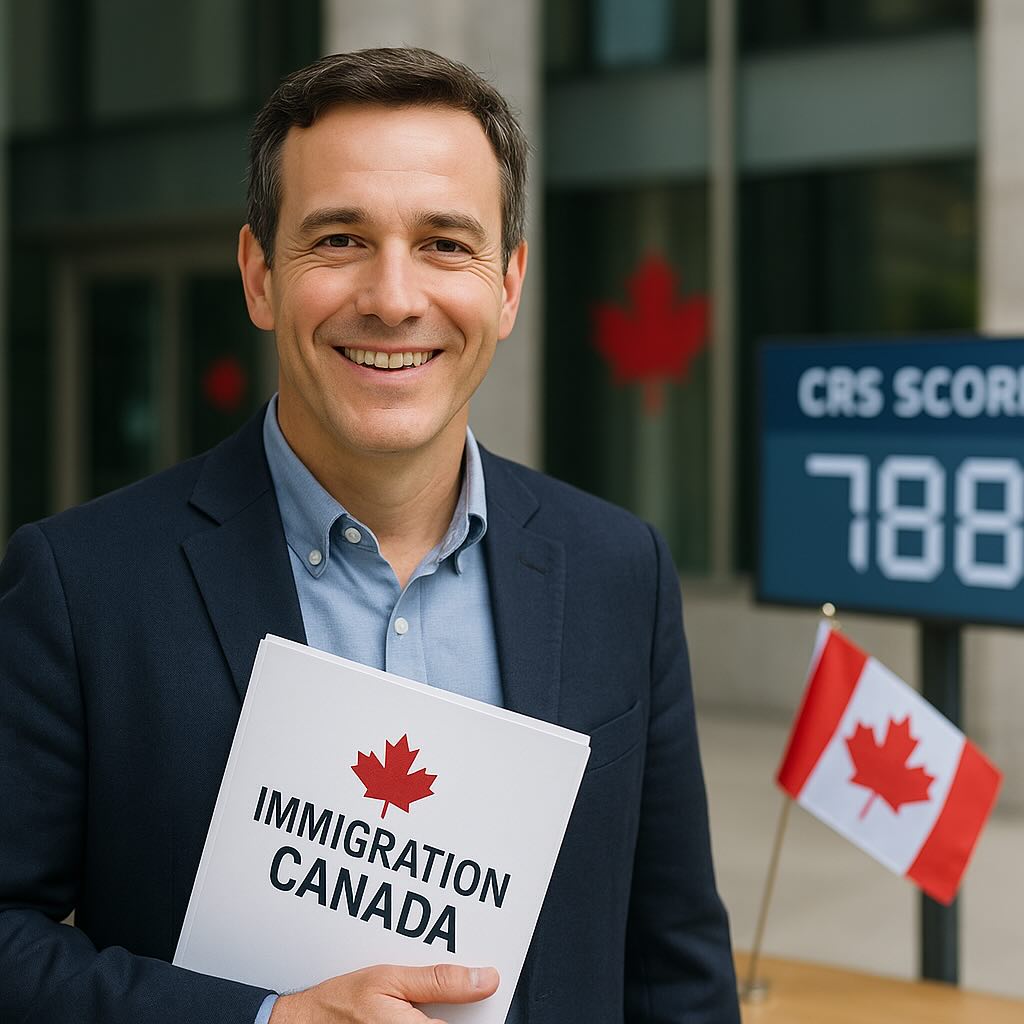The highly anticipated 2025 Canadian federal election concluded on April 28th, confirming that the incumbent Liberal Party, led by Prime Minister Mark Carney, has won re-election and will continue to govern. The only remaining uncertainty is whether the final vote count will grant them a majority in Parliament. This election outcome largely clarifies the direction of Canada's immigration policy for the coming years.
During the campaign, Carney outlined his immigration platform, partly continuing reforms from the Trudeau government's late-2023 changes and partly adjusting to new domestic and international circumstances (particularly concerning the United States). The core strategy rests on three pillars: stabilizing overall immigration levels, optimizing the mix of immigrants, and leveraging technology to improve processing efficiency.
Stabilizing Overall Numbers: "Closing the Door to Digest," Prioritizing In-Canada Applicants
The Carney government's approach to controlling overall immigration numbers largely continues the tightening tone set by the previous administration, specifically through three key measures:
- Maintaining the Permanent Resident (PR) Cap: A commitment to keep the annual intake of new permanent residents at no more than 1% of the total population until housing supply significantly improves, with plans to legislate this cap for 2028 and beyond. While the established 2025-2027 targets (395,000, 380,000, and 365,000 respectively) suggest potential for a slight increase after 2027 under the 1% cap (based on the current population of ~41.5 million, allowing ~415,000), Carney explicitly ties this limit to housing availability. Furthermore, opposition parties (Conservatives and Bloc Québécois) advocate for even tighter links between quotas and housing growth (potentially lowering targets to around 250,000), contrasting sharply with previous Conservative suggestions of 400,000. If housing shortages persist, the Carney government will face significant pressure on this issue, making even maintaining the current cap a challenge.
- Significantly Reducing Temporary Residents: The goal is to lower the proportion of temporary residents (including study and work permit holders) to 5% of the total population by 2027. This continues the policy shift initiated in 2024. Data shows Canada's TR population peaked in Q3 2024 at approximately 3.05 million, or 7.4% of the population. Although numbers began declining in Q4 2024, reducing the TR population by over 900,000 in the next two years remains a formidable task. This implies stricter management of temporary status and potential removal or discouragement for those who overstay.
- Stabilizing International Student Visa Quotas: The national cap of 360,000 new study permit applications, implemented in late 2023, will be maintained for 2025. Given that this policy has already led to the weeding out of some lower-quality private institutions during the last application cycle, it is anticipated that the government may reassess and adjust the study permit policy for 2026 after another full year of operation.
These three policies are interconnected and collectively point towards an 'In Canada Focus' principle. The core logic is to temporarily slow down external inflows and prioritize processing and transitioning temporary residents already within Canada to permanent status. For temporary residents currently in Canada on study or work permits, this is relatively positive news; they should strive to maintain their legal status and seek pathways to permanent residency. However, for applicants outside Canada, especially those hoping for traditional Provincial Nominee Program (PNP) streams or specific pathways allowing them to 'wait for PR abroad,' options are significantly narrowing. Federal Express Entry (EE) and the Start-up Visa (SUV) program are becoming the primary remaining avenues.
Optimizing Composition: Focusing on Economy and Language, Attracting Talent and Francophones
While stabilizing numbers, the Carney government aims to optimize the immigrant mix to better serve Canada's economic development and multicultural goals:
- Relaunching the Global Skills Strategy: To address economic revitalization needs, the Liberal Party plans to relaunch this strategy, particularly its Global Talent Stream fast-track pathway. The goal is to enable eligible Canadian employers to obtain a Labour Market Impact Assessment (LMIA) within 7-10 working days and secure work permits for highly skilled foreign talent within two weeks. This initiative aims to rapidly attract top global STEM (Science, Technology, Engineering, Mathematics) talent and multinational executives, potentially absorbing high-skilled individuals relocating due to policy changes in the US and elsewhere, thereby helping Canadian businesses expand and boosting national innovation. The government also pledges to work with provinces to simplify foreign credential recognition processes. This policy undoubtedly presents new opportunities and alternatives for elite tech and management professionals abroad, especially those currently studying or working in the United States.
- Increasing the Proportion of Francophone Immigrants: While respecting Quebec's autonomy in immigration, the government aims to gradually increase the proportion of French-speaking immigrants settling outside Quebec. The targets are set to rise from the current approximate 8.5% to 9.5% in 2025, 10% in 2027, and ultimately 12% by 2029. Additionally, the Bloc Québécois has proposed further increasing points for French language proficiency within the federal Express Entry (EE) system. This reflects the Liberal government's commitment to upholding Canada's bilingualism policy and ensuring the vitality of Francophone communities. This policy clearly benefits applicants proficient in French, but its advantages are limited for those focusing solely on English.
Technological Acceleration: Improving Processing Efficiency and Addressing Backlogs
The Carney government has pledged continued investment in automating the application process at Immigration, Refugees and Citizenship Canada (IRCC), introducing Artificial Intelligence (AI) for preliminary screening, and integrating backend systems to shorten turnaround times. Despite IRCC staffing increases during the previous Liberal terms, application backlogs worsened. This initiative can be seen as an attempt by Carney to rectify issues inherited from his own party's previous tenure, but its actual effectiveness in resolving backlogs and boosting efficiency remains to be seen.
Conclusion and Outlook
Overall, the Liberal Party's re-election might be perceived as a relatively favourable outcome for prospective immigrants compared to potentially more drastic policy shifts under other parties. However, it is undeniable that tightening immigration policies and emphasizing alignment with domestic capacity (particularly housing) has become a medium-to-long-term trend in Canada, irrespective of the governing party.
Faced with this new policy landscape, applicants in different situations need to adopt tailored strategies: temporary residents already in Canada should seize the 'in-Canada priority' window to actively plan their path to permanent residency; high-skilled talent abroad can explore opportunities arising from the revived Global Skills Strategy; and applicants with French proficiency will find their advantages amplified. At the same time, all applicants should exercise patience, prepare for a potentially lengthy process with long-term planning, and remain vigilant about claims of 'fast' or 'guaranteed' PR approval, especially concerning programs promising offshore processing while waiting. Thorough research and due diligence are strongly advised.









